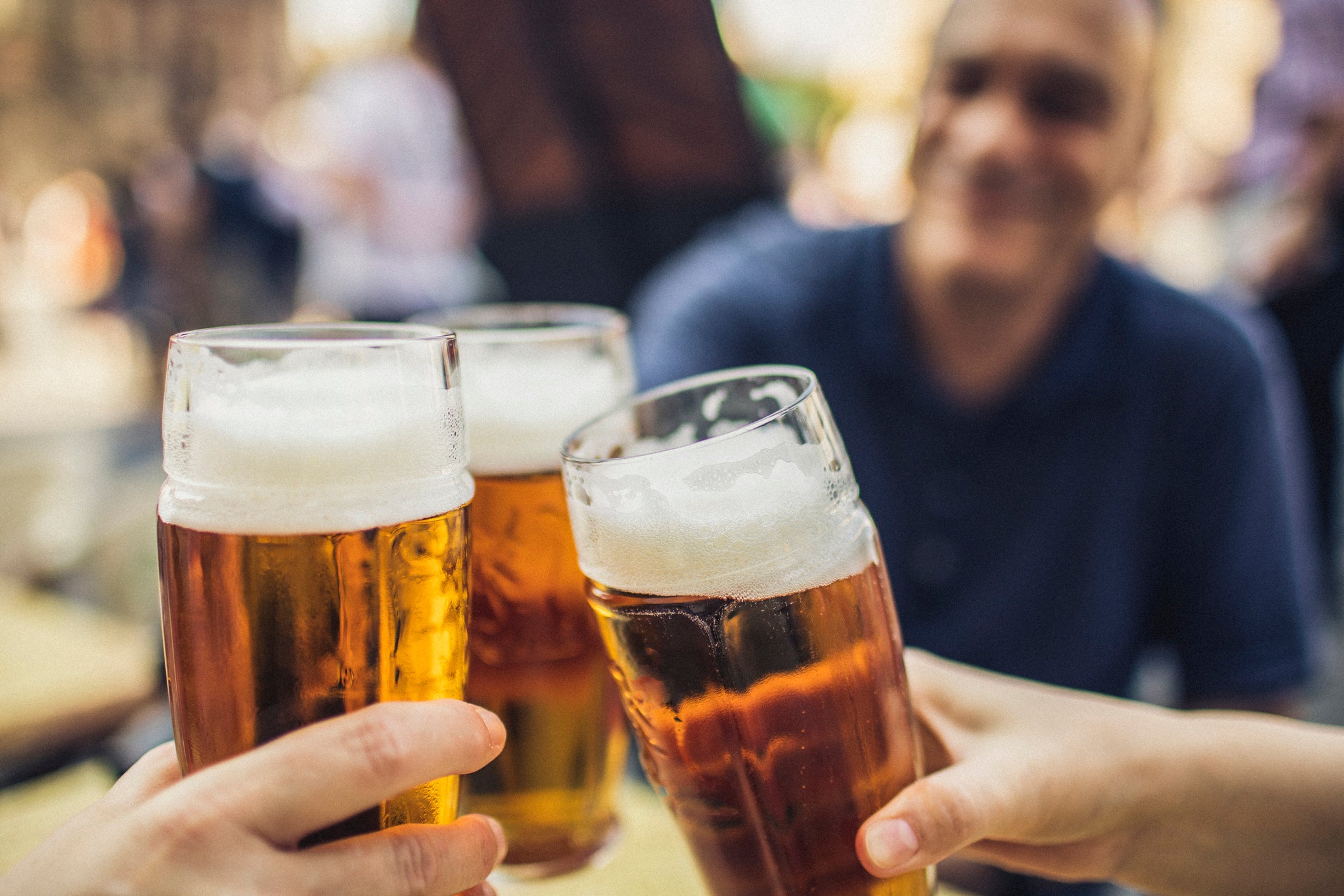You don’t actually like the taste of black coffee and alcohol, study shows
It’s more about how they make you feel

If you’re convinced you drink bitter coffee or hoppy beer because you enjoy the taste, new research could prove you wrong.
According a scientific study, our preferences for bitter or sweet beverages aren’t based on our taste genes, but rather on the association with how they make us feel.
Researchers were looking for genetic reasons for our taste in drinks, as it could help find ways to intervene in people’s diets.
Beverages are an important element of our daily intake – sugary drinks could contribute to obesity and poor oral health, while alcohol is related to more than 200 diseases and accounts for about 6 per cent of deaths around the world.
The study was led by Marilyn Cornelis, assistant professor of preventive medicine at Northwestern University Feinberg School of Medicine in Chicago.
“The genetics underlying our preferences are related to the psychoactive components of these drinks,” she said.
“People like the way coffee and alcohol make them feel. That’s why they drink it. It’s not the taste.”
The results have been published today in scientific journal Human Molecular Genetics, and show that there are important behaviour-reward components to beverage choice.
The research did find one genetic marker: people who had a variant in the FTO gene – the same variant previously related to lower risk of obesity – actually preferred sugar-sweetened beverages.
“It’s counterintuitive,” said Professor Cornelis. “FTO has been something of a mystery gene, and we don’t know exactly how it’s linked to obesity. It likely plays a role in behaviour, which would be linked to weight management.”
Victor Zhong, postdoctoral fellow in preventive medicine at Northwestern and co-author of the study, said: “To our knowledge, this is the first genome-wide association study of beverage consumption based on taste perspective.
“It’s also the most comprehensive genome-wide association study of beverage consumption to date.”
Researchers followed around 336,000 individuals to record their beverage intake, and did a genome-wide association study of bitter beverage consumption and of sweet beverage consumption.
Beverages classified as “bitter” included coffee, tea, grapefruit juice, beer, red wine and other alcohol, while “sweet” included soft drinks and non-grapefruit juices.
Earlier this week separate research revealed that the consumption of sugary drinks is not necessarily connected to childhood obesity.
Join our commenting forum
Join thought-provoking conversations, follow other Independent readers and see their replies
Comments